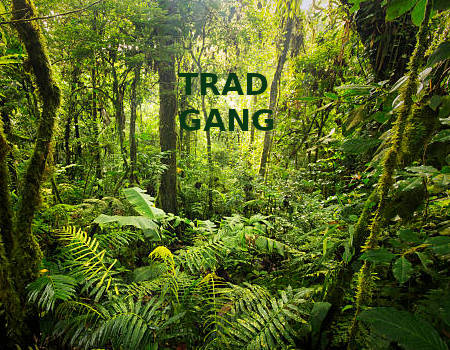
Become a Trad Gang Sponsor |

|
- Welcome to Trad Gang.
New South Africa regulations. Should we worry?
Started by John3, February 22, 2007, 10:17:00 PM
Previous topic - Next topic0 Members and 4 Guests are viewing this topic.
User actions
Copyright 2003 thru 2025 ~ Trad Gang.com © |
